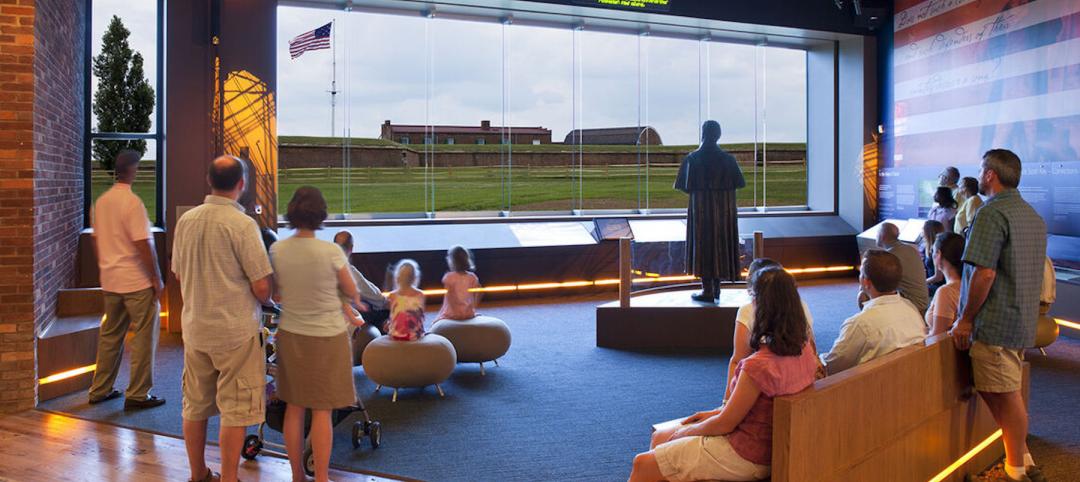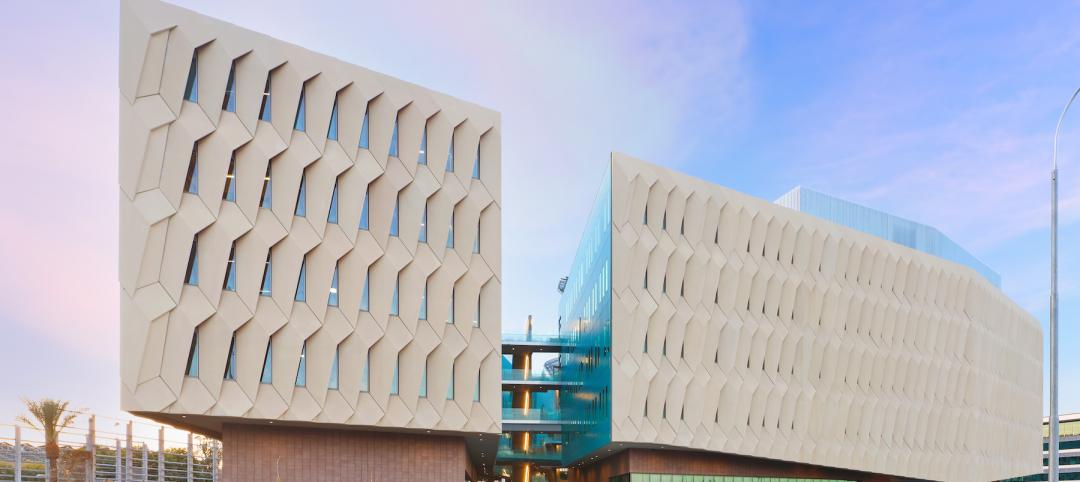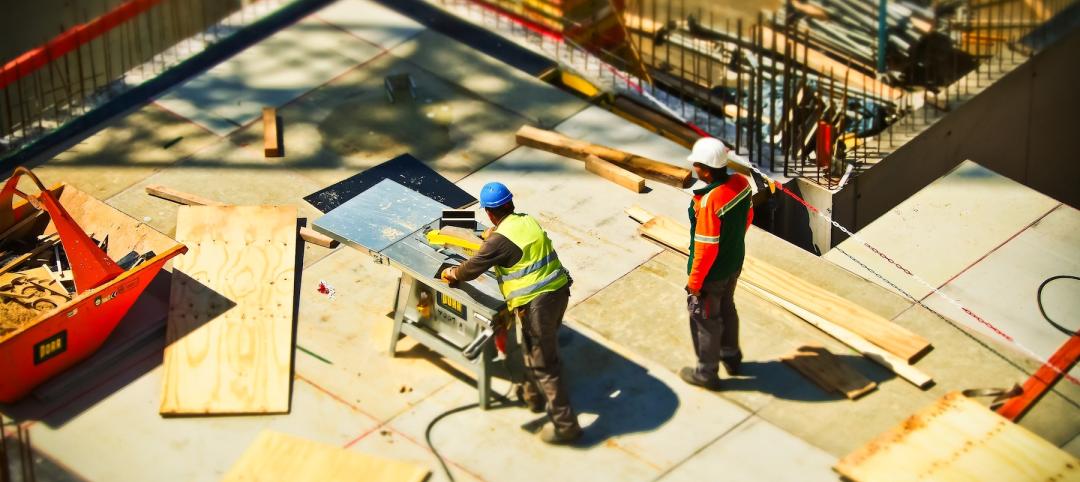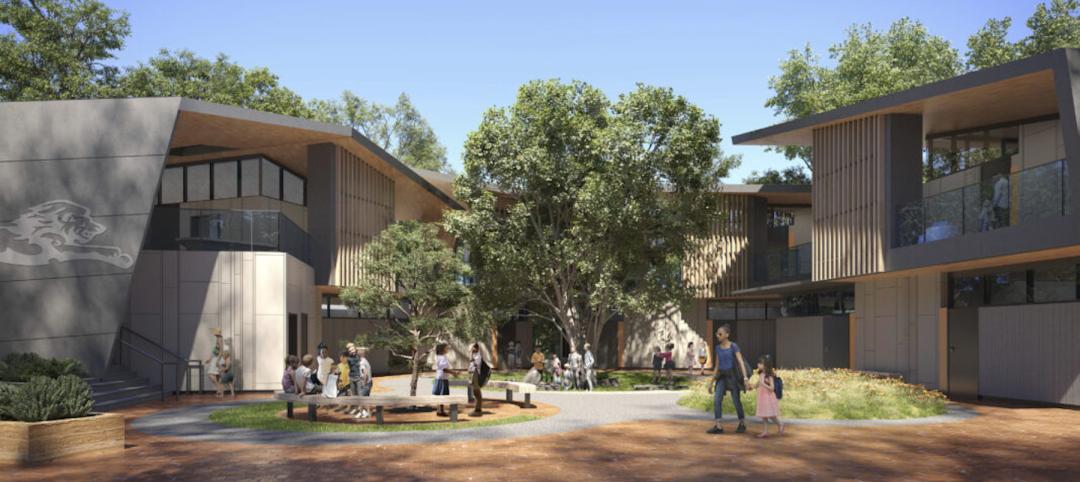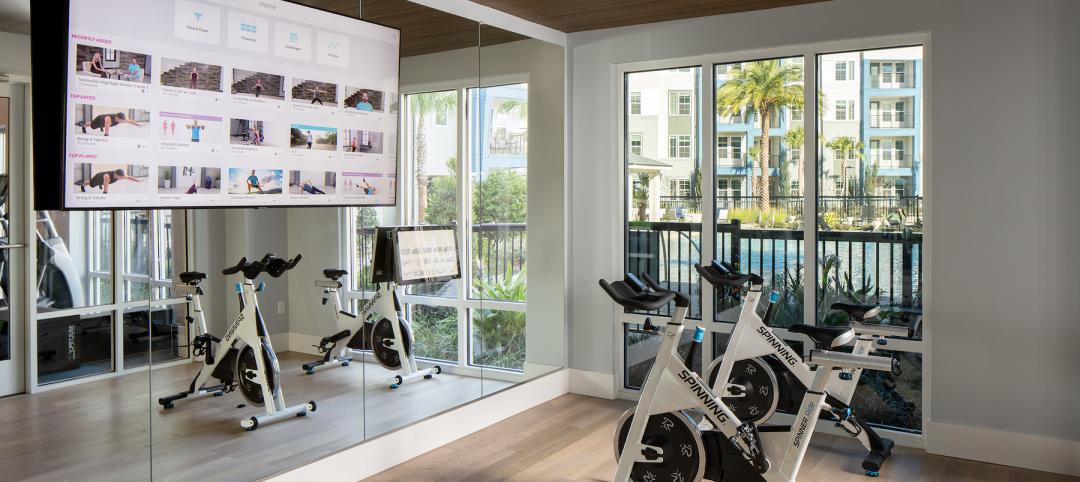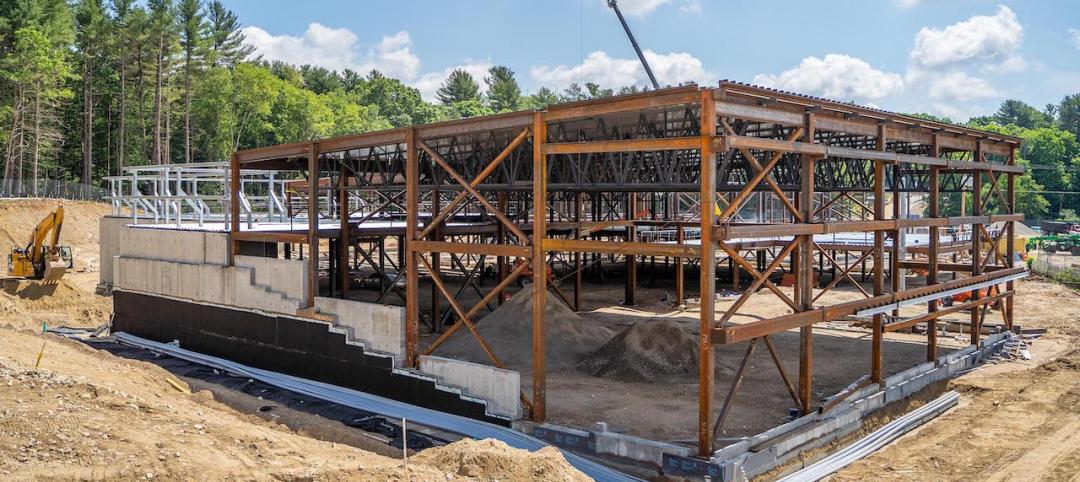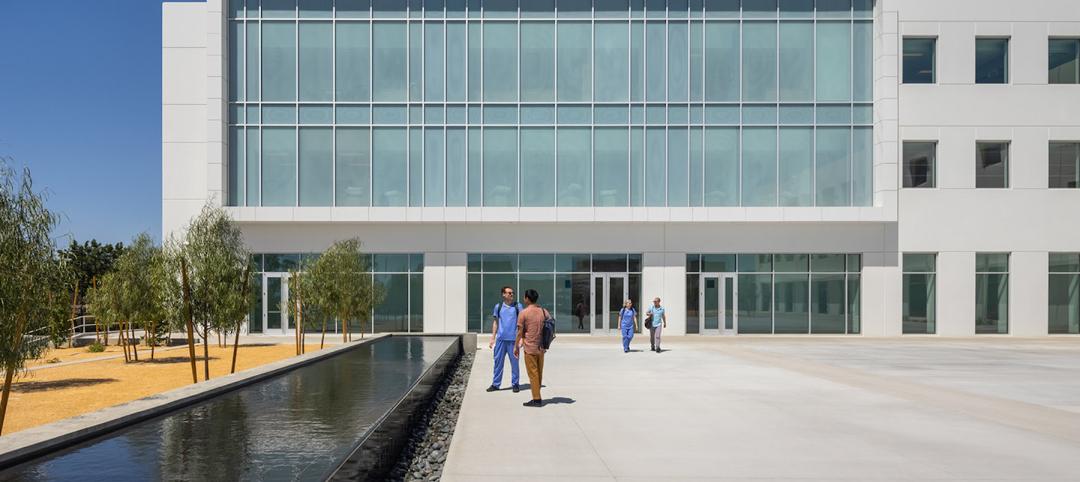The Albert Kahn Family of Companies (Kahn), a leading provider of architecture, engineering, planning, design and management services, is pleased to announce that Alan Cobb, FAIA, LEED® AP has been named President & CEO.
Cobb is the tenth president in the firm’s 118-year history. As President, Cobb is responsible for ensuring that all of the firm’s client issues are effectively address and that overall project team performance meets or exceeds client expectations for each and job the firm undertakes.
Cobb is currently leading design efforts for the Detroit Zoo’s Penguin Conservation Center and Lawrence Tech’s Taubman Engineering, Life Sciences, and Architecture Complex, and was design principal for the Lear HQ Campus, the College for Creative Studies Taubman Center for Design (Argonaut Building Adaptive Re-use), the Delta Dental of Michigan HQ Office, and the O-I HQ Office Complex.
Since joining Kahn in 1976, Cobb has been involved in numerous projects, many of which have earned the firm awards and recognition for design excellence. With a passion for design, Cobb provides oversight to design professionals and continues to serve as a mentor to many young professionals within the firm and throughout the region.
Cobb was given the Lawrence Technological University Distinguished Architecture Alumni Award in 2000. He is a licensed architect in Michigan and 34 other states, a LEED Accredited Professional, and is certified by the National Council of Architectural Registration Boards. Cobb is currently resides in Troy, Michigan with his wife Mary.
Related Stories
Legislation | Aug 5, 2022
D.C. City Council moves to require net-zero construction by 2026
The Washington, D.C. City Council unanimously passed legislation that would require all new buildings and substantial renovations in D.C. to be net-zero construction by 2026.
Cultural Facilities | Aug 5, 2022
A time and a place: Telling American stories through architecture
As the United States enters the year 2026, it will commence celebrating a cycle of Sestercentennials, or 250th anniversaries, of historic and cultural events across the land.
Sponsored | | Aug 4, 2022
Brighter vistas: Next-gen tools drive sustainability toward net zero line
New technologies, innovations, and tools are opening doors for building teams interested in better and more socially responsible design.
| Aug 4, 2022
Newer materials for green, resilient building complicate insurance underwriting
Insurers can’t look to years of testing on emerging technology to assess risk.
Sustainability | Aug 4, 2022
To reduce disease and fight climate change, design buildings that breathe
Healthy air quality in buildings improves cognitive function and combats the spread of disease, but its implications for carbon reduction are perhaps the most important benefit.
Multifamily Housing | Aug 4, 2022
Faculty housing: A powerful recruitment tool for universities
Recruitment is a growing issue for employers located in areas with a diminishing inventory of affordable housing.
Multifamily Housing | Aug 3, 2022
7 tips for designing fitness studios in multifamily housing developments
Cortland’s Karl Smith, aka “Dr Fitness,” offers advice on how to design and operate new and renovated gyms in apartment communities.
Building Materials | Aug 3, 2022
Shawmut CEO Les Hiscoe on coping with a shaky supply chain in construction
BD+C's John Caulfield interviews Les Hiscoe, CEO of Shawmut Design and Construction, about how his firm keeps projects on schedule and budget in the face of shortages, delays, and price volatility.
Codes and Standards | Aug 3, 2022
Some climate models underestimate risk of future floods
Commonly used climate models may be significantly underestimating the risk of floods this century, according to a new study by Yale researchers.
| Aug 3, 2022
Designing learning environments to support the future of equitable health care
While the shortage of rural health care practitioners was a concern before the COVID-19 pandemic, the public health crisis has highlighted the importance of health equity in the United States and the desperate need for practitioners help meet the needs of patients in vulnerable rural communities.




